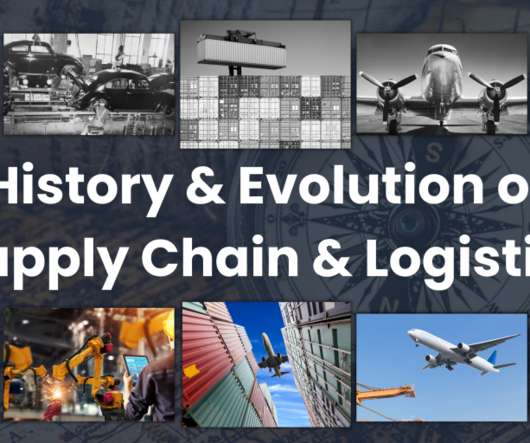The Advantage of Speed: The Cooper Health Supply Chain Relies Upon Real-time Risk Alerts
Logistics Viewpoints
FEBRUARY 26, 2024
Cooper is also home to a leading cancer center (MD Anderson Cancer Center at Cooper), the only Level II pediatric trauma center in the Delaware Valley (Children’s Regional Hospital at Cooper), three urgent care centers, and more than 100 outpatient offices from Southeastern Pennsylvania to the Jersey Shore. Of course it would!
















Let's personalize your content